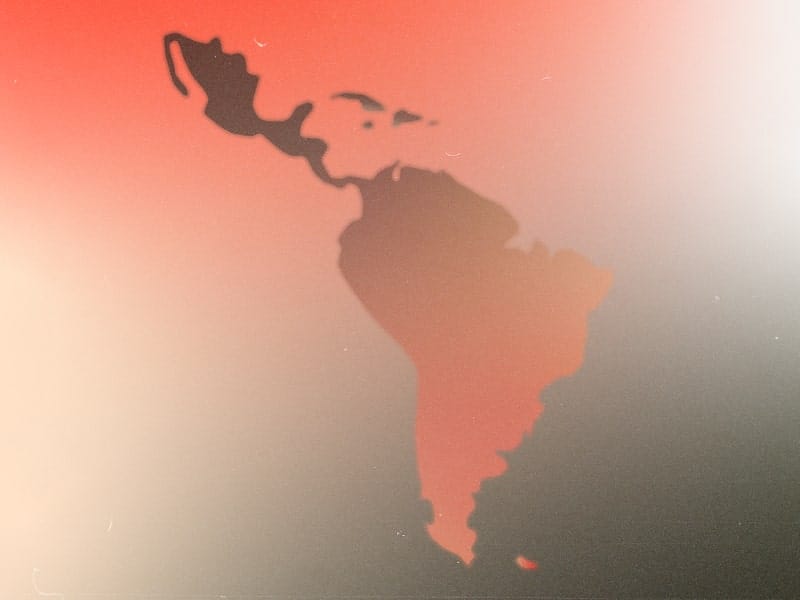Día de la Raza
Día de la Raza is a day to celebrate the diverse and unique cultures of Spanish speaking, Latin American countries.

Día de la Raza is a day to celebrate the diverse and unique cultures of Spanish speaking, Latin American countries.
Marcella Lopez
Reviewer URLNames: El Día de la Raza, Day of the Race, Fiesta de la Raza
Día de la Raza is a day to celebrate the diverse and unique cultures of Spanish speaking, Latin American countries.
Origins
The celebration of Día de la Raza, which first began during the 1910s, was rooted in the political atmosphere of the time. Spain, which had colonized much of Central and South America, had been forced to give up its remaining American colonies by 1898. At its height, Spain was disliked throughout much of Latin America for its colonial actions, but, without their colonial power, Latin America began to soften toward the nation.
In 1912, a conference in Spain commemorated the 100th anniversary of the signing of the Cortes de Cádiz, a document that sought to establish unequal but representative rule of Spanish America by both delegates from the colonies and those from mainland Spain. This conference revived interest in a celebration of a pan-national, Spanish-speaking identity across the Americas.
Simultaneously, the United States engaged its own efforts to influence politics throughout Latin America to benefit U.S. interests. These American efforts were deeply felt and resented in Latin America, thrusting the U.S. into the place Spain once held in the Latin American viewpoint. It was into this shifting political tide that Día de la Raza was born.
In the 1900s, as immigrant groups in the U.S. gained greater political power, celebrations of ethnic identity, such as St. Patrick’s Day for Irish Americans and Columbus Day for Italian Americans, grew. In 1912, Columbus Day celebrations inspired the Unión Ibero-Americana (a Spain-based organization meant to unite Spanish-speaking countries) to begin a push to celebrate La Fiesta de la Raza, a unifying holiday for Spanish-speaking groups.
“La raza,” which translates literally to “race,” is meant more metaphorically than it sounds. Día de la Raza is meant to create a shared identity that encompasses the various countries previously held under Spanish rule. In recent years, the name has been changed in some nations to better align with that idea and include indigenous identities as well.
October 12 is celebrated in various ways throughout the Spanish-speaking world. In Mexico, it is celebrated as Día de la Raza. In Costa Rica, it is called Día de las Culturas (Day of the Cultures). In Argentina, it is Día del Respeto a la Diversidad Cultural (Day of Respect of Cultural Diversity). Bolivia celebrates it as Día de Descolonización (Day of Decolonization). In Spain, the day is called Fiesta Nacional de España (National Day of Spain).
Previously celebrated on October 12, Venezuela now celebrates October 11 as Día de la Resistencia Indígena (Day of Indigenous Resistance).
El Día de la Raza is a holiday with an ever-changing meaning. As both a holiday and a political project, the meaning of the celebrations vary based on their location.
Traditions
In Chile, Venezuela, Puerto Rico, Colombia, Argentina and Uruguay, Día de la Raza (under different names) is celebrated as a federal holiday. This means many people receive the day off of work or school.
Governments, educational institutions and nonprofits may celebrate the day by holding educational seminars about indigenous peoples. Many cities hold parades on this day.
What to say
Like Columbus Day in the United States, Día de la Raza has been renamed in several places. It is a bit of a controversial holiday. If greeting someone on Día de la Raza, you can say “¡Feliz Día de la Raza!” But it may not always be appropriate to greet someone for this holiday. If someone offers a greeting for the holiday, return the greeting. But if you are unsure if someone celebrates, it is a safer bet to say nothing.